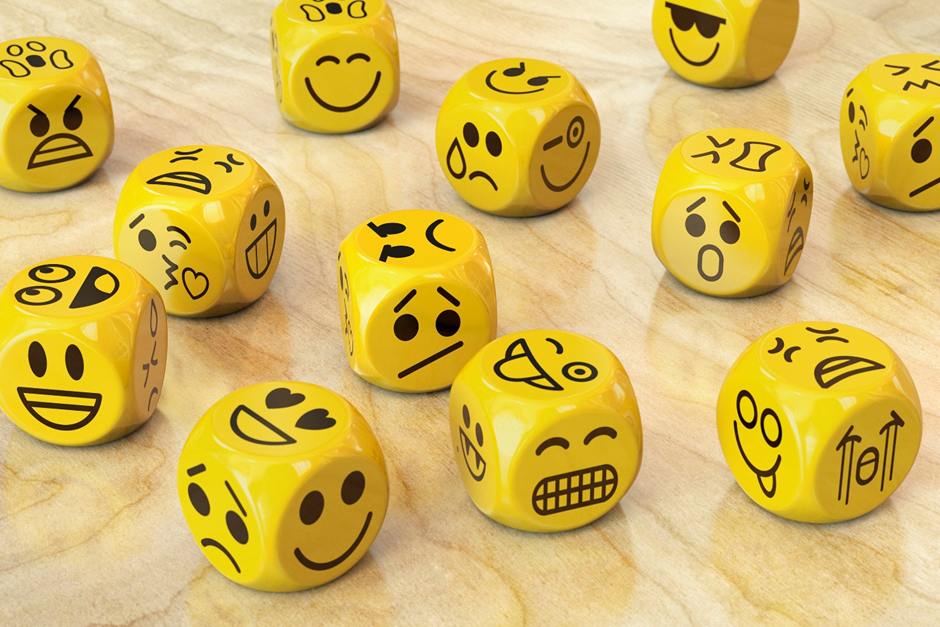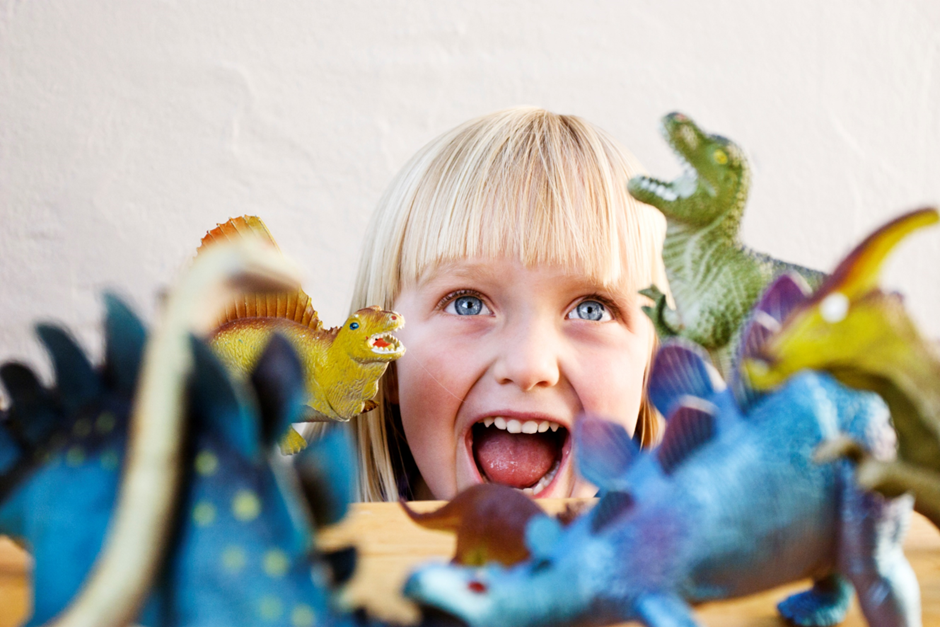Neurodivergence and Emotions
- Laura Webb
- Mar 21, 2023
- 6 min read
Updated: Mar 10
Look at the depiction of a neurodivergent person in popular literature or television shows, and you would be forgiven for thinking that we are all completely unaware of others’ feelings, and blunt to the point of always saying hurtful things to everyone around us. For the vast majority of neurodivergent people, this is a very unhelpful and untrue stereotype.
What things have been believed about neurodivergent people?
If you do an online search for Autism and Emotions, for example, you may come across the diagnostic criteria known as the DSM 5, which is used by many professionals including the NHS assessors in the Bristol area. The focus is on deficit and abnormality of the reaction of the autistic person to the emotions of those around them. However, this (and the rest of the diagnostic criteria) is only what has been observed from the outside by neurotypical people and has little bearing on how autistic people may actually feel or react inside.
In fact, as is often the case with generalised views, it’s a bit more complicated than that.
Allow me to explain from my own, autistic, perspective (although this may also be the case for other neurodivergences too):
I am often extremely aware of others’ feelings, and often find that my moods will change to match those of the people around me, even if I don’t want them to. I can pick up on an atmosphere in a room even if the people all tell me everything is ‘fine’. This is particularly challenging for me when I am with someone else who does the same – for example, if my daughter is having a difficult time, this makes me pick up on her stress, and unfortunately she then picks up on mine, leading to a negative feedback loop of emotions spiralling downwards.
The difficulty I struggle with the most is not identifying the emotions, it is knowing how to respond. I often find myself stuck in a quagmire of indecision over the best way to respond or to act, and it can be that by the time I have decided, the best moment to respond has passed and I have made myself appear cold and aloof. Or I blurt out the first thing I think of to say, only to find that it was not appropriate or welcome. Having gone through both of these experiences a number of times, it can feel easier to just avoid dealing with others’ emotions in case I get it horribly wrong, rather than try to wade in and make yet another social mis-step.
Another difficulty that I have experienced is figuring out what someone means when they say that they are fine, but I can sense that they are not. I am not always able to separate what I see from what they tell me, and then infer that they would rather not be asked ‘Are you sure?’ This can make me come across as nosey rather than genuinely caring (unless it is someone who knows me really well and knows this may happen). In other contexts or conversations, I may be confused over why someone is directly lying to my face, but I have learned over the years not to think of this particular kind of interaction as the person deliberately lying to me, but that they want to avoid thinking about their feelings too much.
The Double Empathy Problem
An autistic academic called Dr Damien Milton has proposed a theory about empathy that makes a lot of sense. It is explained brilliantly in this post on Reframing Autism, but in short, he says that the way that empathy is expressed by neurodivergent people is different from the way it is expressed in the neurotypical population, and so there is misunderstanding by both groups about the other.
An example of this from my own life would be the way that I have learned recently that on hearing about someone’s bad experiences, it is not unusual for neurodivergent people to respond with a similar one of their own. This is a neurodivergent way to express empathy or understanding, but to the neurotypical ear it apparently says the opposite and that I am trying to compete for who has had the worst experience. As you can imagine, this can lead to misunderstandings and hurt feelings on both sides. I am slightly mortified that through all these years of doing this, I was trying to show that I was sympathetic, but was possibly seen as quite the opposite.
Understanding that there may be misunderstanding on both sides can help us to reassure our Daisies that any issues in social interaction are not their fault, and that it may just be the equivalent of communicating in different languages that are similar but not the same (a bit like one set of people talking in French and the other in Spanish).
When our faces don’t match what we feel

It can be difficult for me to read other people’s facial expressions, especially if they are people I don’t know well. In the same way, a lot of autistic people can have difficulty being understood if their facial expressions don’t match the mood they are feeling inside. Some people learn to mask by copying the expressions of those around them or how they think they ought to look when feeling a particular emotion. Some even practise in front of a mirror. This again has led to some people believing that we don’t have feelings, when really it is that our faces aren’t conveying what is going on inside.
Alexithymia and neurodivergence

For some neurodivergent people, being able to recognise and name their own emotions is extremely difficult. There is some evidence that people who have a reduced sense of interoception (internal body signals such as hunger, thirst, needing the loo, etc) may have a reduced awareness of what emotions they are feeling. This is called Alexithymia, and it is thought to be more common amongst neurodivergent than neurotypical people.
Being able to recognise signals in your stomach relating to feeling nervous or excited, for example, can be difficult for someone who may have trouble interpreting other signals such as hunger or feeling full. There are some very good blogs by neurodivergent people which explain this in much better detail, such as this one on Neuroclastic and this one by Autistic Science Person if you want to do further reading on this.
So, how can you help your girl with her emotions?
Your girl may be hyper-aware of everyone’s emotions around her, like a weathervane moves with the slightest breeze. Or she may be alexithymic and not realise that her sweaty palms or tummy aches may indicate that she is feeling a particular way. (The article mentioned above by Autistic Science Person has some good strategies for helping to connect the physical feelings to what emotion they may relate to).
Either way, it is important to listen to her and to help her to understand that there is nothing wrong with the way that she experiences emotions. Her wants and needs are valid, even if she has difficulty recognising or expressing them.
One resource that I obtained for my daughter a few years back was the series of books called ‘A Kid’s Guide to Feelings’. Each of the eight books covers a different emotion and talks about how it feels physically as well as how it makes the person want to respond. It goes through the benefits and negatives of each of the emotions. The series was a really useful guide, and we still look at the books sometimes. Individual titles are also available on Amazon, for example Feeling Sad.
Another book we found helpful with my daughter was My Hidden Chimp - a workbook to help children to understand anxiety. It was a really helpful way to explain what she might be feeling, without putting too much pressure on her. This may be better for slightly older children than the Kid's Guide to Feelings books.
You may also wish to investigate A Mighty Girl's list of books to help girls with emotions. Although not specifically written with neurodivergence in mind, this website has a lot of good ideas and is well worth a look.
If your girl expresses empathy in a different way than you would expect, recognise that her way of connection may not be the same as the conventional response, but that is her way of trying to show her feelings. For example, when my Daisy was little she would not ask me if I was sad, or say sorry if she had done something I had told her off for, but would fetch me one of her favourite toys to cuddle. I was able to understand her reasoning: ‘This makes me feel better when I am sad or cross. So it will make Mummy feel better too.’ Because I figured out the reasoning behind it, I was able to give her lots of praise for being thoughtful in her own way.
You can also think about wider ways to support your girl’s mental health, by reading my previous blog post for Children’s Mental Health Week.
Laura Webb blogs on behalf of NeonDaisy



